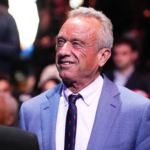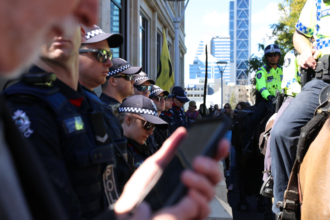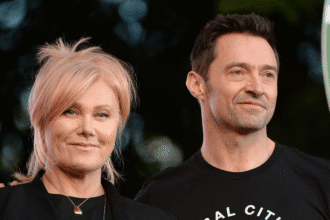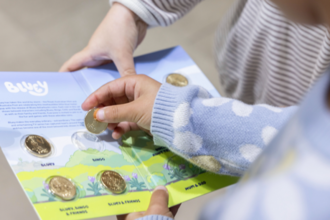Australia’s Senate has approved groundbreaking legislation to ban children under 16 from using social media, marking the strictest such law globally. The ban, aimed at protecting young people from the “harms” of social media, could see tech companies fined up to A$50 million (US$32.5 million) if they fail to comply.
Prime Minister Anthony Albanese has championed the move, emphasizing its importance in safeguarding childhood and providing parents with peace of mind. “We want young Australians to have a childhood,” he said while introducing the bill last week.
Implementation and Exemptions
The law, expected to take effect within 12 months, leaves key details unresolved. The platforms covered by the ban will be determined later by the communications minister with input from the eSafety Commissioner, Australia’s internet regulator. Exemptions include gaming and messaging platforms, as well as sites accessible without an account, such as YouTube.
The government plans to rely on age-verification technology to enforce the ban, placing the responsibility on social media platforms to integrate these systems. However, critics have raised concerns about privacy, effectiveness, and the potential for circumvention through tools like VPNs.
Public and Expert Reactions
The legislation enjoys strong support from many parents, with some hailing it as a necessary measure to address the challenges of parenting in the digital age. “Parents have had an impossible choice between addictive devices and isolation for too long,” said Amy Friedlander, a prominent advocate for the ban.
However, experts and tech companies have criticized the law as overly simplistic. Digital researchers warn that proposed verification technologies remain unproven, while companies like Google, Snap, and Meta have questioned the bill’s feasibility and effectiveness.
TikTok and X (formerly Twitter) have highlighted ambiguities in the legislation, including its broad definition of social media, while youth advocates argue that young voices were excluded from the debate. “We need to be involved in developing solutions,” the eSafety Youth Council stated.
Broader Implications
The legislation has sparked global interest, with countries like Norway and the UK exploring similar measures. Critics point to challenges faced by comparable laws elsewhere. France’s ban for under-15s, which required parental consent, saw widespread evasion through VPNs. In the U.S., a similar law in Utah was overturned for being unconstitutional.
Despite the criticism, Albanese has stood firm, acknowledging potential loopholes but maintaining that inaction is not an option. “Technology moves fast… but that is not a reason to ignore our responsibility,” he said.
The bill now returns to the House of Representatives, where it is expected to pass before becoming law.








